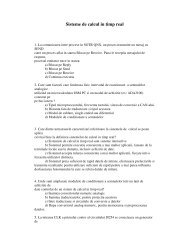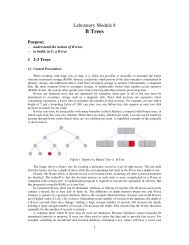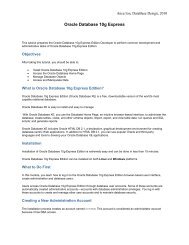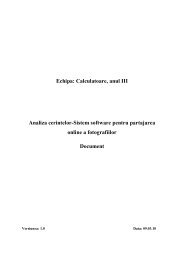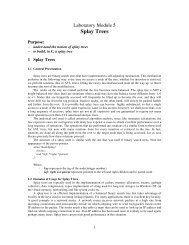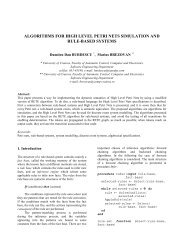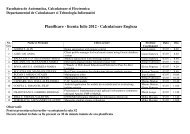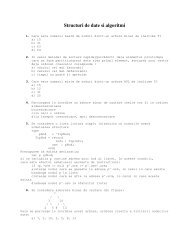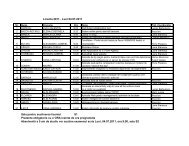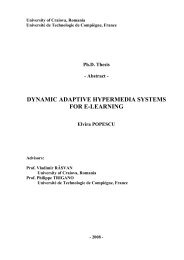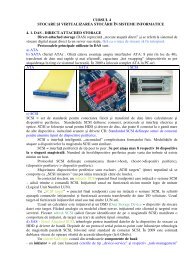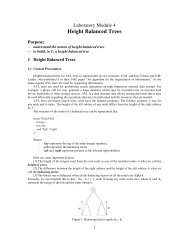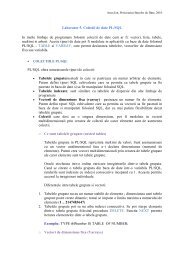Mining Frequent Itemsets – Apriori Algorithm
Mining Frequent Itemsets – Apriori Algorithm
Mining Frequent Itemsets – Apriori Algorithm
You also want an ePaper? Increase the reach of your titles
YUMPU automatically turns print PDFs into web optimized ePapers that Google loves.
5. Domains where <strong>Apriori</strong> is used<br />
Application of the <strong>Apriori</strong> algorithm for adverse drug reaction detection<br />
The objective is to use the <strong>Apriori</strong> association analysis algorithm for the detection of adverse drug<br />
reactions (ADR) in health care data. The <strong>Apriori</strong> algorithm is used to perform association analysis on the<br />
characteristics of patients, the drugs they are taking, their primary diagnosis, co-morbid conditions, and the<br />
ADRs or adverse events (AE) they experience. This analysis produces association rules that indicate what<br />
combinations of medications and patient characteristics lead to ADRs.<br />
Application of <strong>Apriori</strong> <strong>Algorithm</strong> in Oracle Bone Inscription Explication<br />
Oracle Bone Inscription (OBI) is one of the oldest writing in the world, but of all 6000 words found till<br />
now there are only about 1500 words that can be explicated explicitly. So explication for OBI is a key and<br />
open problem in this field. Exploring the correlation between the OBI words by Association Rules<br />
algorithm can aid in the research of explication for OBI. Firstly the OBI data extracted from the OBI corpus<br />
are preprocessed; with these processed data as input for <strong>Apriori</strong> algorithm we get the frequent itemset. And<br />
combined by the interestingness measurement the strong association rules between OBI words are<br />
produced. Experimental results on the OBI corpus demonstrate that this proposed method is feasible and<br />
effective in finding semantic correlation for OBI.



